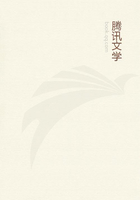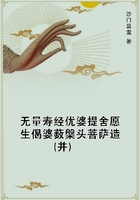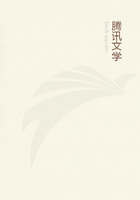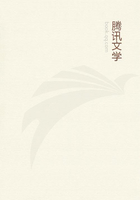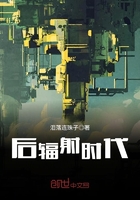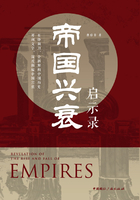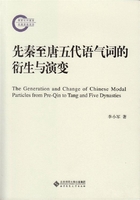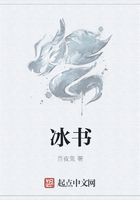The reader must remember that it was he who had assisted Columbus in early days when the inquiry was made at Salamanca. The king assented to the arbitration, but proposed that it should include questions which Columbus would not consider as doubtful. One of these was his restoration to his office of viceroy.
Now on the subject of his dignities Columbus was tenacious. He regarded everything else as unimportant in comparison. He would not admit that there was any question that he was the viceroy of the Indies, and all this discussion ended in the postponement of all consideration of his claims till, after his death, it was too late for them to be considered.
All the documents, when read with the interest which we take in his character and fortunes, are indeed pathetic; but they did not seem so to the king, if indeed they ever met his eye.
In despair of obtaining justice for himself, Columbus asked that his son Diego might be sent to Hispaniola in his place. The king would promise nothing, but seems to have attempted to make Columbus exchange the privileges which he enjoyed by the royal promise for a seignory in a little town in the kingdom of Leon, which is named not improperly "The Counts' Carrion."It is interesting to see that one of the persons whom he employed, in pressing his claim at the court and in the management of his affairs, was Vespucci, the Florentine merchant, who in early life had been known as Alberigo, but had now taken the name of Americo.
The king was still engaged in the affairs of the islands. He appointed bishops to take charge of the churches in the colonies, but Columbus was not so much as consulted as to the persons who should be sent. When Philip arrived from Flanders, with his wife Juana, who was the heir of Isabella's fortunes and crown, Columbus wished to pay his court to them, but was too weak to do so in person.
There is a manly letter, written with dignity and pathos, in which he presses his claims upon them. He commissioned his brother, the Adelantado, to take this letter, and with it he went to wait upon the young couple. They received him most cordially, and gave flattering hopes that they would attend favorably to the suit. But this was too late for Columbus himself. Immediately after he had sent his brother away, his illness increased in violence.
The time for petitions and for answers to petitions had come to an end. His health failed steadily, and in the month of May he knew that he was approaching his death. The king and the court had gone to Villafranca de Valcacar.
On the nineteenth of May Columbus executed his will, which had been prepared at Segovia a year before. In this will he directs his son and his successors, acting as administrators, always to maintain "in the city of Genoa, some person of our line, who shall have a house and a wife in that place, who shall receive a sufficient income to live honorably, as being one of our relatives, having foot and root in the said city, as a native;since he will be able to receive from this city aid in favor of the things of his service; because from that city I came forth and in that city I was born." This clause became the subject of much litigation as the century went on.
Another clause which was much contested was his direction to his son Diego to take care of Beatriz Enriquez, the mother of Fernando. Diego is instructed to provide for her an honorable subsistence "as being a person to whom I have great obligation.
What I do in this matter is to relieve my conscience, for this weighs much upon my mind. The reason of this cannot be written here."The history of the litigation which followed upon this will and upon other documents which bear upon the fortunes of Columbus is curious, but scarcely interesting. The present representative of Columbus is Don Cristobal Colon de la Cerda, Duke of Veragua and of La Vega, a grandee of Spain of the first class, Marquis of Jamaica, Admiral and Seneschal Major of the Indies, who lives at Madrid.
Two days after the authentication of the will he died, on the twenty first of May, 1506, which was the day of Ascension. His last words were those of his Saviour, expressed in the language of the Latin Testament, "In manus tuas, Pater, commendo spiritum meum,"--"Father, into thy hands I commend my spirit." The absence of the court from Valladolid took with it, perhaps, the historians and annalists. For this or for some other reason, there is no mention whatever of Columbus's funeral in any of the documents of the time.
The body was laid in the convent of San Francisco at Valladolid.
Such at least is the supposition of Navarrete, who has collected the original documents relating to Columbus. He supposes that the funeral services were conducted in the church of the parish of Santa Maria de la Antigua. From the church of Saint Francis, not many months after, the body was removed to Seville. A new chapel had lately been built there, called Santa Maria de las Cuevas. In this chapel was the body of Columbus entombed. In a curious discussion of the subject, which has occupied much more space than it is worth, it is supposed that this was in the year 1513, but Mr. Harrisse has proved that this date is not accurate.
For at least twenty-eight years, the body was permitted to remain under the vaults of this chapel. Then a petition was sent to Charles V, for leave to carry the coffin and the body to San Domingo, that it might be buried in the larger chapel of the cathedral of that city. To this the emperor consented, in a decree signed June 2, 1537. It is not known how soon the removal to San Domingo was really made, but it took place before many years.
Mr. Harrisse quotes from a manuscript authority to show, that when William Penn besieged the city of San Domingo in 1655, all the bodies buried under the cathedral were withdrawn from view, lest the heretics should profane them, and that "the old Admiral's" body was treated like the rest.

